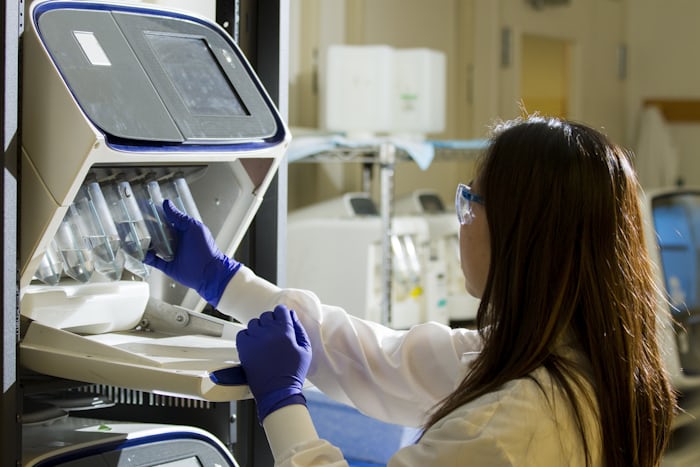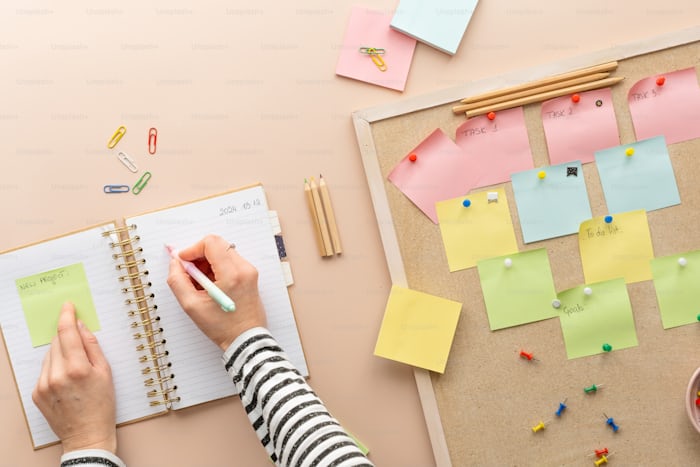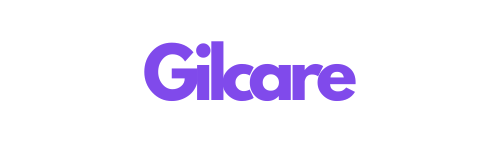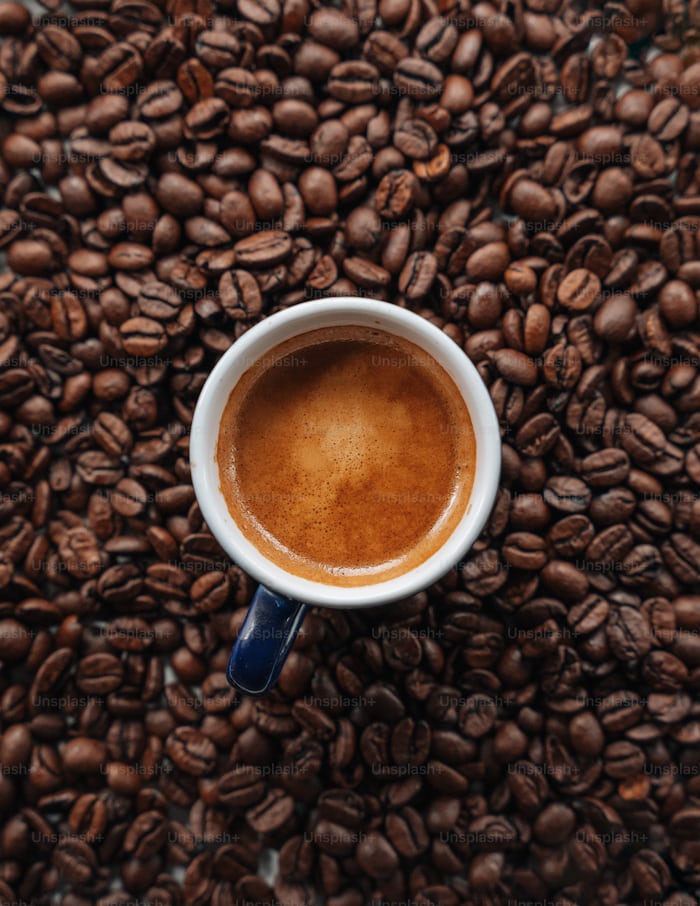You’re rushing to make your 8 AM blood test appointment when muscle memory kicks in. The familiar aroma hits your nostrils just as you realize what you’ve done. You’ve accidentally drank coffee before blood test. That warm cup of morning motivation is now sitting in your stomach, and panic starts to set in. Between muttered self-accusations and frantic Googling, you’re wondering if you’ve just sabotaged your entire test.
As a healthcare writer who once made this exact same mistake (and has heard countless similar stories from our clinic visitors), I can tell you that while this isn’t ideal, it’s not the end of the world. About 1 in 7 patients arrive at labs having broken their fast in some way – coffee being the most common culprit. Whether you’re reading this in your kitchen, on your way to the lab, or in the waiting room, let’s walk through exactly what this means for your blood work and what steps you should take next.

Table of Contents
I Drank Coffee Before My Blood Test – Now What?
Why Fasting Matters for Blood Tests
Let’s start with the basics: fasting before blood tests isn’t just a random rule your doctor made up. When you eat or drink anything other than water, your body’s chemical composition temporarily changes. Think of it like taking a photograph of a moving object – the image becomes blurry. Similarly, when you consume coffee (or any food), it affects various markers in your blood, making it harder to get an accurate “snapshot” of your health.
During fasting, your body reaches a stable state where:
- Blood sugar levels normalize.
- Hormone levels settle.
- Triglycerides (fat levels in blood) stabilize.
- Enzyme activities return to baseline.
Coffee specifically can impact your blood test results in several ways:
- It can raise your blood pressure.
- It stimulates cortisol production (stress hormone).
- It affects blood sugar levels.
- It can influence iron absorption.
This is why healthcare providers typically request 8-12 hours of fasting before certain blood tests – it ensures they get the most accurate picture of your health status.
Which Blood Tests Are Affected by Coffee?
Not all blood tests require fasting, but coffee can significantly impact several important tests. Here’s what you need to know about specific tests that can be affected:
1. Blood Glucose Tests
- Coffee, even without sugar, can affect your blood sugar levels. This is particularly crucial for diabetes screening and glucose tolerance tests, the caffeine can temporarily increase blood sugar readings.
2. Cortisol Level Tests
- Coffee stimulates your adrenal glands, this directly affects cortisol (stress hormone) measurements. Morning cortisol tests are particularly sensitive to coffee consumption

3. Metabolic Panel Tests
- These comprehensive tests measure various body functions. Coffee can affect electrolyte levels. Caffeine may influence kidney function markers.
4. Lipid Panel (Cholesterol Tests)
- Coffee can temporarily affect triglyceride levels. Even black coffee can influence fat metabolism, this might lead to inaccurate cholesterol readings.
5. Iron Level Tests
- Coffee can interfere with iron absorption, this might affect serum iron test results- The effect is particularly notable if consumed within 2-3 hours of the test
Important Note: If you’re scheduled for any of these tests and have accidentally consumed coffee, it’s best to contact your healthcare provider immediately. Be honest about when and how much coffee you drank. Ask if you need to reschedule based on the specific test type.
Next Steps: What to Do If You’ve Had Coffee
If you’ve accidentally had coffee before your blood test, don’t panic. Here’s what you should do:
1. Contact Your Healthcare Provider Immediately
- Call the lab or your doctor’s office as soon as you realize.
- Be prepared to tell them exactly when you had the coffee.
- Let them know whether you added milk, sugar, or drank it black.
2. Don’t Try to “Fix” It
- Don’t try to drink excessive water to “flush” the coffee out.
- Don’t exercise to “burn it off”. These actions can further affect your test results

3. Ask About Rescheduling
- Some tests might need to be postponed by 8-12 hours.
- Others might need to be rescheduled for the next day.
- Some tests might still be possible the same day – let your provider decide.
4. Document What You Drank
- Note the time you had your coffee.
- Record how much you consumed.
- Write down any additions (cream, sugar, etc.)- This helps your healthcare provider make the best decision.
5. Consider the Time Factor
- If it’s been less than an hour, the impact might be significant.
- If it’s been several hours, some tests might still be viable- Your healthcare provider will advise based on the specific test
Remember: It’s always better to be honest about breaking the fast than to risk inaccurate test results that could affect your medical care.
Common Questions About Pre-Test Beverages
Here are answers to the most frequently asked questions about drinks before blood tests:
1. “Is Water Okay Before a Blood Test?”
– Yes, water is generally allowed and even encouraged- Plain water doesn’t affect most blood test results- Staying hydrated actually helps make blood draws easier
2. “What About Other Beverages?”
– Tea (even herbal) should be avoided during fasting- Diet sodas are not allowed- Sports drinks are not permitted- Any flavored or carbonated water should be avoided.
3. “How Long Before the Test Should I Stop Drinking?”
- Water: Can be consumed up until the test.
- Coffee/Tea: Usually 8-12 hours before the test.
- Alcohol: At least 24 hours before the test.
- Soft drinks: At least 8 hours before the test
4. “Does Black Coffee Matter Less Than Coffee With Additives?”
– All coffee, even black, can affect test results- Adding milk, cream, or sugar makes the impact more significant- Even decaf coffee should be avoided
5. “What About Medications?”
– Always take prescribed medications unless specifically told otherwise- Take them with small sips of water only- Consult your healthcare provider about timing of medications
Remember: When in doubt, stick to plain water only, and always check with your healthcare provider about specific requirements for your test.
Tips for a Successful Blood Test Next Time
If you’ve accidentally drank coffee before blood test appointments before, you’re not alone. Here are proven strategies to avoid this common mistake and ensure accurate results:
1. Preparation Checklist
- Set a reminder on your phone about fasting requirements.
- Put a note on your coffee maker the night before.
- Keep a “fasting test day” sign on your bedroom door.
Many people who’ve accidentally drank coffee before blood tests find these reminders helpful

2. Timing Strategies
- Schedule early morning appointments when possible- This reduces the time you need to fast, & helps prevent situations where you might accidentally drink coffee before blood tests.
- Consider sleeping in longer on test days to minimize fasting discomfort.
3. Night-Before Routine
- Pack a post-test snack.
- Prepare a water bottle.
- Remove coffee pods/grounds from your machine- These steps help prevent those “I accidentally drank coffee before blood test” moments.
4. Morning Game Plan
- Place your lab requisition form on your coffee maker.
- Keep your water bottle readily available.
- Plan to have your coffee reward right after the test.
Many patients who’ve accidentally drank coffee before blood tests say these strategies helped them break the habit
5. Communication Tips
- Inform family members about your test.
- Ask them to help remind you.
- Keep your healthcare provider’s number handy in case you do slip up- Having support helps prevent those “I accidentally drank coffee before blood test” scenarios.
Remember: If despite these precautions, you still accidentally drink coffee before blood test appointments, don’t hesitate to contact your healthcare provider. It’s better to reschedule than to get inaccurate results that could affect your medical care.
Follow Gilcare On:

